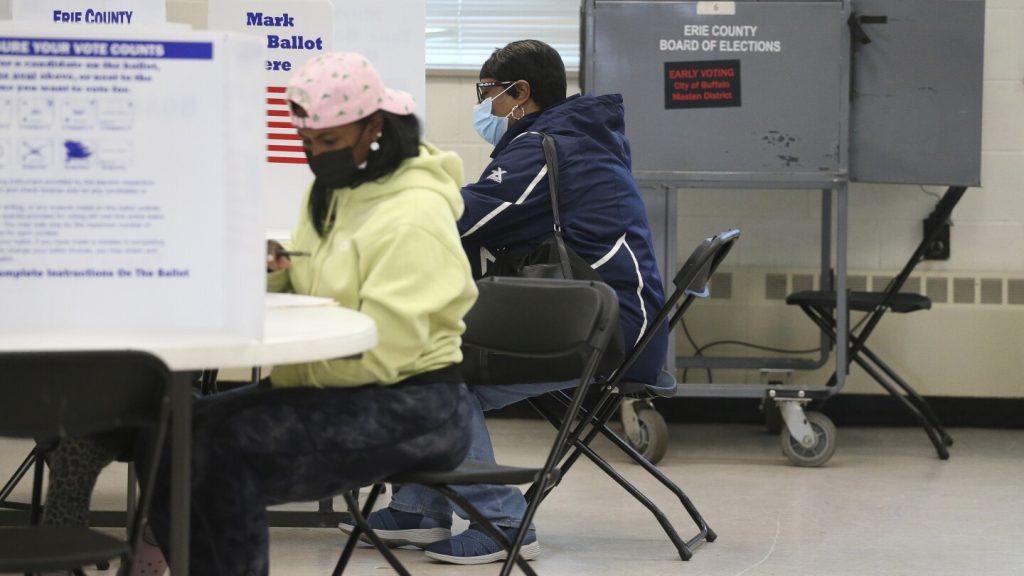In a recent development, a state judge in New York struck down a law that aimed to move many town and county elections in the state to even-numbered years, aligning them with state and federal races. The law was approved by the Democrat-led state Legislature last year with the intention of reducing confusion and increasing voter turnout. However, Republicans argued that the law was a partisan effort by Democrats to gain an electoral edge by shifting local elections to higher-turnout presidential election years, which could favor Democrats. State Supreme Court Justice Gerard Neri ruled against the law, stating that it violated the state constitution by infringing on the rights of local governments to control their own affairs.
The judge highlighted that the law does not impact New York City elections, as city elections and certain local posts are held on odd-numbered years as per the state constitution. Neri also raised concerns about the law’s compliance with the federal requirement to provide equal protection to all citizens under the law. He questioned whether voters in New York City were less likely to be confused by odd-year elections compared to residents in Upstate and Long Island. The attorney general’s office is currently reviewing the decision, and there is a possibility of an appeal in the near future.
State Senator James Skoufis, a Democrat who sponsored the bill, expressed confidence that the decision would be overturned on appeal. He criticized the plaintiffs for wasting local tax dollars on what he referred to as a “senseless crusade” to preserve lower turnout in elections. On the other hand, State Republican Chairman Ed Cox hailed the ruling as a victory for those who value local elections. Cox accused Democrats of attempting to consolidate total, one-party control at all levels of government through the law, which he believed was aimed at establishing permanent Democratic authority in the state and overshadowing discussions on local issues with federal and state spending initiatives.
Overall, the ruling on the law’s constitutionality has sparked a debate between Democrats and Republicans in New York. While Democrats continue to maintain their support for the law, believing that it will ultimately be deemed constitutional on appeal, Republicans view the decision as a significant win for the preservation of local election autonomy. The outcome of the legal battle over the law will likely have a lasting impact on the electoral landscape in New York, shaping the way town and county elections are conducted in the future. As the case unfolds, it remains to be seen how the state’s electoral processes will evolve to meet the needs and preferences of voters across different regions of New York.














